
PUBLISHER'S WARNING
Readers should be advised that the consumption of the written words on the following pages could lead to nightmares, irresistible urges, spontaneous dance or ritual, and deep-seated needs to cloister oneself in a damp basement, musty library, or cavernous tomb. We urge you to bolt your doors and dim the lights, as this book is best read by antique lamp or candlelight. Should you find yourself reading this in a public settingperhaps a lovely park bench or a crowded buswe advise careful consideration of loud screams or gasps of horror, as they could give your fellow citizens an altogether wrong impression of you. Above all, be warned that there are some dark and twisting roads ahead, and we cannot be held responsible for what ghoulish companions you encounternor for what inevitably follows behind you, slinky and shuddering, as you run.

This edition first published in 2014 by Weiser Books
Red Wheel/Weiser, LLC
With offices at:
665 Third Street, Suite 400
San Francisco, CA 94107
www.redwheelweiser.com
All new materials 2014 by Weiser Books
All rights reserved. No part of this publication may be reproduced or transmitted in any form or by any means, electronic or mechanical, including photocopying, recording, or by any information storage and retrieval system, without permission in writing from Red Wheel/Weiser, LLC. Reviewers may quote brief passages.
The Sea Lure was first published in The Secrets of Dr. Taverner, copyright 1926, 1989 by The Society of the Inner Light. Used with permission.
ISBN: 978-1-57863-572-6
Library of Congress Cataloging-in-Publication Data available upon request.
Cover design by Barb Fisher
Cover art Symonenko Viktoriia/Shutterstock
Interior by Maureen Forys, Happenstance Type-O-Rama
Typeset in Mrs. Eaves and Futura
Printed in the United States of America.
EBM
10 9 8 7 6 5 4 3 2 1
www.redwheelweiser.com
www.redwheelweiser.com/newsletter

CONTENTS


HORROR TAKES ITS TIME

Lon Milo DuQuette
The oldest and strongest emotion of mankind is fear, and the oldest and strongest kind of fear is fear of the unknown. These facts few psychologists will dispute, and their admitted truth must establish for all time the genuineness and dignity of the weirdly horrible tale as a literary form.
H.P. LOVECRAFT, Supernatural Horror in Literature
Oh, my sweet summer child, Old Nan said quietly, what do you know of fear? Fear is for the winter, my little lord, when the snows fall a hundred feet deep and the ice wind comes howling out of the north. Fear is for the long night, when the sun hides its face for years at a time, and little children are born and live and die all in darkness while the dire wolves grow gaunt and hungry, and the white walkers move through the woods.
GEORGE R.R. MARTIN, A Game of Thrones
Horror is the literature of the damned; a demon-child art-formconceived in the fertile depths of subconscious hell; gestated in the lonely womb of fear and despair; brought to troubled birth by the midwife of tortured obsessions; and reared to grotesque maturity in the prison asylum of a terrified imagination. Horror, to be truly horror, must be more than a frightening story. It must be a cloistered odyssey, a claustrophobic dance with madness. Above all, horror must be a traumatic and soul-mutating spiritual experiencesublime, elegant, and terrible.
Sounds disturbing, doesn't it? I hope so. Horror should be disturbing. But, at first glance, classic horror seldom presents itself as the product of a disturbed mind. On the contrary, some of the best works of the genre are introduced by a narrator who seems as sane and rational as you or Ian ordinary mind which, at the moment, is merely grappling with extraordinary psychological issues with which we all can more or less identify. But beware dear reader! Your gentle empathy with the story's protagonist is a subtle poison that within a breathtakingly few paragraphs disrobes your soul and lulls you into a poppied sleep. Naked and vulnerable (and now uncertain of your own sanity), horror draws you irresistibly into the mind of the main character of a nightmare.
For me (or anyone who stubbornly refuses to grow up completely) literature doesn't get better than that.
I turned nine years old in July of 1957, and was enduring my second melancholy summer of exile in the uncivilized wilderness of Nebraska. I realize the word exile probably sounds melodramatic, but I was a very melodramatic child in 1957. Nebraska was for me an alien planet, cruel and hostile.
I hadn't been born in Nebraska. I had been kidnapped by my own parents and taken there against my will. I was a Southern California boy, and I thoroughly enjoyed my first seven years in that hip and sunny fairyland where movies were made; where rock-n-roll was evolving and the dreams and industries of the Space Age made us all feel like citizens of a bright and gleaming future. The family's move to Nebraska in 1955 was in my eyes a doleful exodus back to the dark agesa trail of tears from a twentieth-century beach paradise to a nineteenth-century prairie hell. Powerless to change my circumstances, I pouted and steeped in a bitter broth of self-absorbed discontentment.
I hated Nebraska. I hated Nebraskans. I hated the way they talked. I hated the way they laughed about butchering animals. I hated the way they preached about their wrathful Goda God who hated Negroes and Chinese (even though there wasn't a Negro or Chinese person within a hundred miles of our provincial town); a God who would condemn little boys to the flames of eternal torment just for the sin of not believing in a God who hated Negroes and Chinese. Most of all, I hated the way Nebraskans, young and old, actually took smug pride in their own lack of sophistication. They wore their ingenuousness like a badge of honor, and rudely ridiculed and bullied anyone else who did not also proudly clothe themselves with the same coarse robe of premeditated ignorance.
I admit this must sound terribly unkind. Hate is a strong and unhealthy passion, especially for a nine-year-old boy. But hate springs from fear (real or imagined), and in my young mind there was much to fear in Nebraska. Even as a youngster I sensed a palpable darkness; a prairie madness; a nameless evil brooding just underneath the surface of the bib overalls and cotton house dresses; a slumbering beast just waiting to be awakened by the kiss of alcohol or jealousy or greed or lust; an evil that is ever mindful that the nearest policeman is many miles (and perhaps hours) away; a black and primitive wickedness that takes poisonous root in the solitary psyche of those who toil alone in the earth from dawn to dusk, season after season, year after year; an evil that smothers in the heart all breath of human compassion or empathy for the pain and terror they inflict daily on the helpless beasts they breed for slaughter or the children they breed for labor and war; a twisted and perverse evil that feeds on guilt and self-loathing; an evil that incubates in the deafening silence of sweltering summer nights or the perpetual darkness of winter and hideously hatches like a basilisk egg into monstrous acts of rape and incest, and murder, and suicide.
Next page
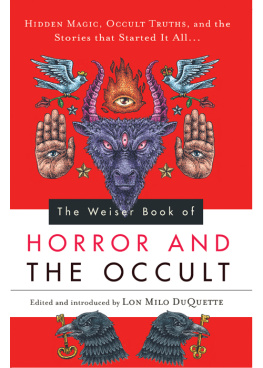
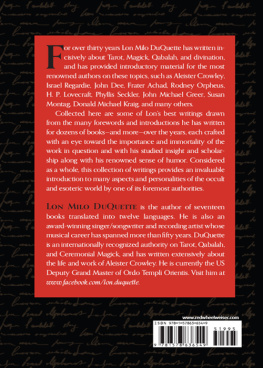
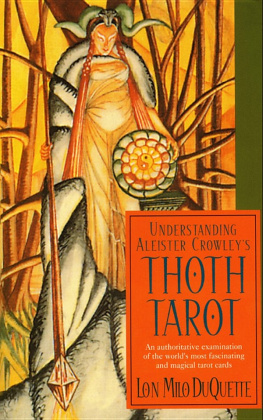
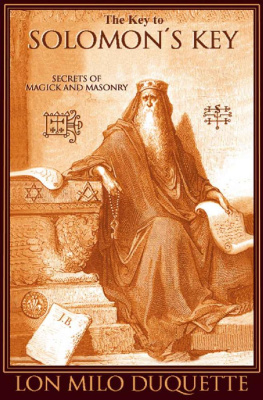
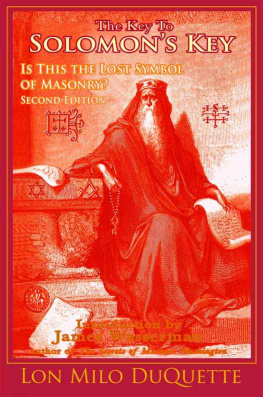
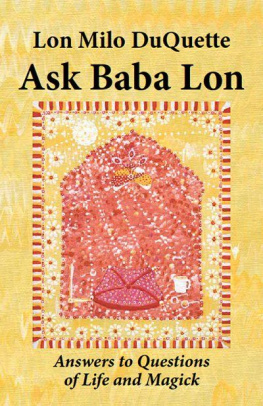

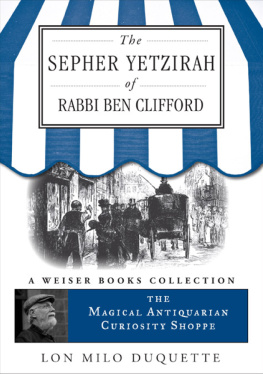
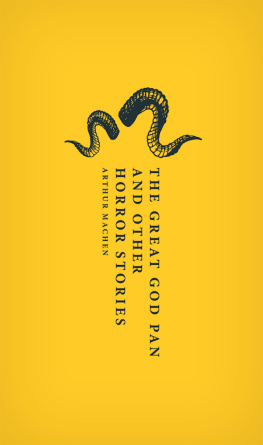
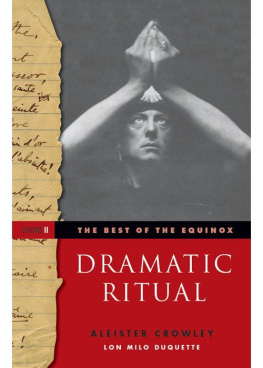
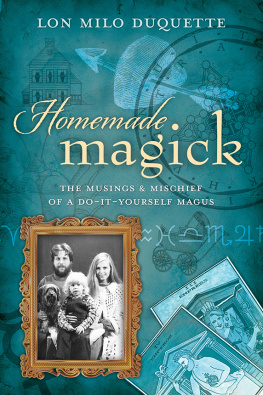



 CONTENTS
CONTENTS 
 HORROR TAKES ITS TIME
HORROR TAKES ITS TIME 